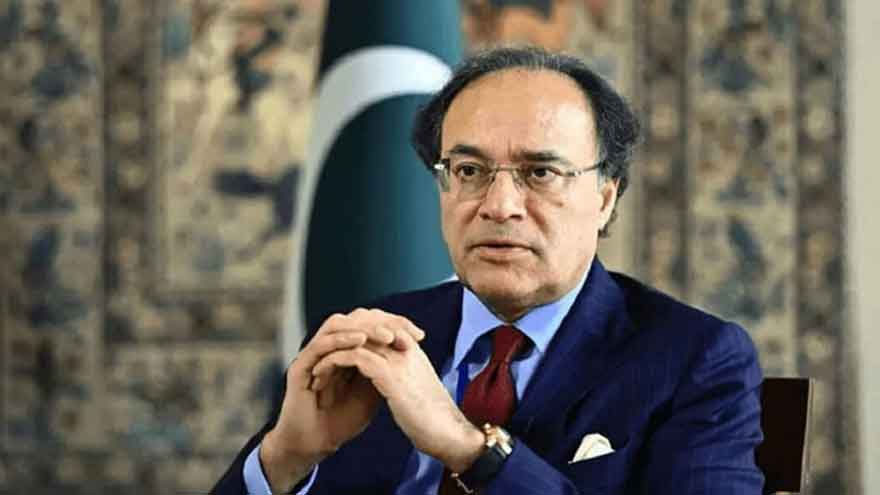Following the announcement of a countrywide wheel-jam strike, Finance Minister Muhammad Aurangzeb has invited traders for dialogue, urging them to come to Islamabad for discussions.
Speaking to the media at the Overseas Investors Chamber of Commerce in Karachi, the minister said, “We are ready to sit with traders and explain the government’s position on the issues at hand.”
Aurangzeb said the government took concrete steps to stabilise the economy and support the salaried class, investors, and businesses.
Clarifying concerns over the Federal Board of Revenue (FBR)’s powers, Aurangzeb emphasized that the additional powers granted to the FBR have no connection with income tax, and are specifically targeted at individuals involved in sales tax fraud exceeding Rs50 million.
He noted that a key meeting with presidents of various chambers is scheduled for tomorrow, where the government will further clarify the rationale behind the move.
“There is propaganda being spread against FBR’s enhanced authority. These powers were passed through parliament with the consultation of the standing committee and are solely aimed at curbing sales tax fraud,” he added.
The minister also shared that he met with the State Bank Governor and heads of commercial banks earlier in the day to discuss the role of banks in ensuring sustainable economic growth.
He stated that maximum relief has already been given to salaried individuals within the current fiscal space, and highlighted that Pakistan’s financial outlook has improved, resulting in increased liquidity in banks.
Aurangzeb urged banks to expand lending to the private sector, noting improvements in agriculture and SME financing as encouraging signs of economic progress.
Highlighting the positive role of the banking sector, he said banks must collaborate with investors to revive sick industrial units, and that SME financing has seen growth in recent months.
He further informed that prices of essential food items are being monitored monthly, though fluctuations are natural. “We have curbed unnecessary government expenditures, and Pakistan’s pharmaceutical industry is showing remarkable performance,” he concluded.
Earlier, Pakistan’s major chambers of commerce have declared a nationwide strike on July 19, protesting against what they call anti-business provisions in the Finance Act FY26 and proposed provincial labour policies.
The Karachi Chamber of Commerce and Industry (KCCI) said the strike is being organised jointly with prominent chambers and trade associations across the country.
KCCI President Muhammad Jawed Bilwani said the move came after broad consultations with business stakeholders alarmed by growing harassment and arbitrary enforcement.
The Lahore Chamber of Commerce and Industry (LCCI) also confirmed its participation, strongly opposing Section 37A, additional taxes on bank transactions, and Punjab’s proposed labour policy, which it claims is damaging to business interests.
